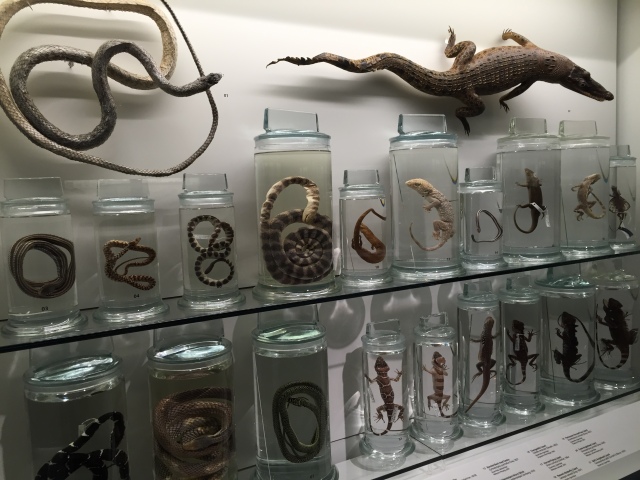Friday saw the 2017 BioEmployability and Enterprise class take part in the annual Dragons’ Den.
Contrary to previous years, this Dragons’ Den wasn’t marked- it was however compulsory.
Having past years talk about how great this workshop is, the class entered with high exceptions; curious about what would await them.
The 8 hour long workshop had many different tasks that the class would have to undertake.
The Tasks
Groups:
The class was split randomly by numbers into groups. This was designed so that the likelihood of working with people they knew or were close to was limited; in order to replicate a real-life scenario.
Founding a company:
Nearly everyone in the group agreed on the idea of a reptile cafe, however one person really liked the idea of paper made from algae. The group disagreed with this on the basis that it hadn’t been done yet so not only did we not know customer demand, but we also didn’t have an idea of start-up costs.
After a fierce debate the team agreed on the snake cafe, on the grounds that algae-guy got to name the company, ”Serpents Chauds” i.e. ”Hot Snakes” in French.
Business Plan:
This involved determining the target audience, advertising, demand, and costings… thinking outside the box to everything from floor-cleaner, first-aid training and WiFi costs, right through to rent for a small-scale shop in Bangor.
The aim was to end up with a plan of costings, feasibility, potential customers, and projected profit for the first year and beyond.
This was, unsurprisingly, more complicated than expected and required a lot of work and research.
Advert:
A screenshot of the two final frames of our advert.

Great fun was had creating this, and it was actually shot in one take! Having the ability to use a live snake was wonderful and definitely a USP!
Most members took-on roles which they weren’t necessarily comfortable with in an effort to reach out of their comfort zones.
Presentation:
None of the team were particularly confident in their presentation skills, but it’s rare to find someone who is. They did their best however, and in the end The Dragons quite liked their unique idea, only to reject it as the company wouldn’t have made a profit due to the high rent in Bangor and the expensive equipment needed.
Thoughts
The workshop being non-assessed definitely made it into something more enjoyable as it took the pressure off- specifically for those groups who perhaps didn’t work as well together as others.
For me, although the grouping was random, I ended up in a team of people that I’m friends with. This made it really difficult to compromise on issues, and also escalated disagreements faster.
This did however make it easier to get on with the tasks as we already knew each other and therefore knew each other’s strengths and weaknesses- which allowed us to work efficiently when pushed for time.
Conclusion
Although the workshop was fundamental in understanding what goes into a business (and thus what goes into a business plan), it was difficult to focus for 8 hours.
There were also deadlines the day after the workshop, so the 8 hours would have been wonderful to focus on fine-tuning other important assessments.
In conclusion, I believe that the workshop, although great, would have been better at the end of the semester on one of the last days before the Christmas holidays.




